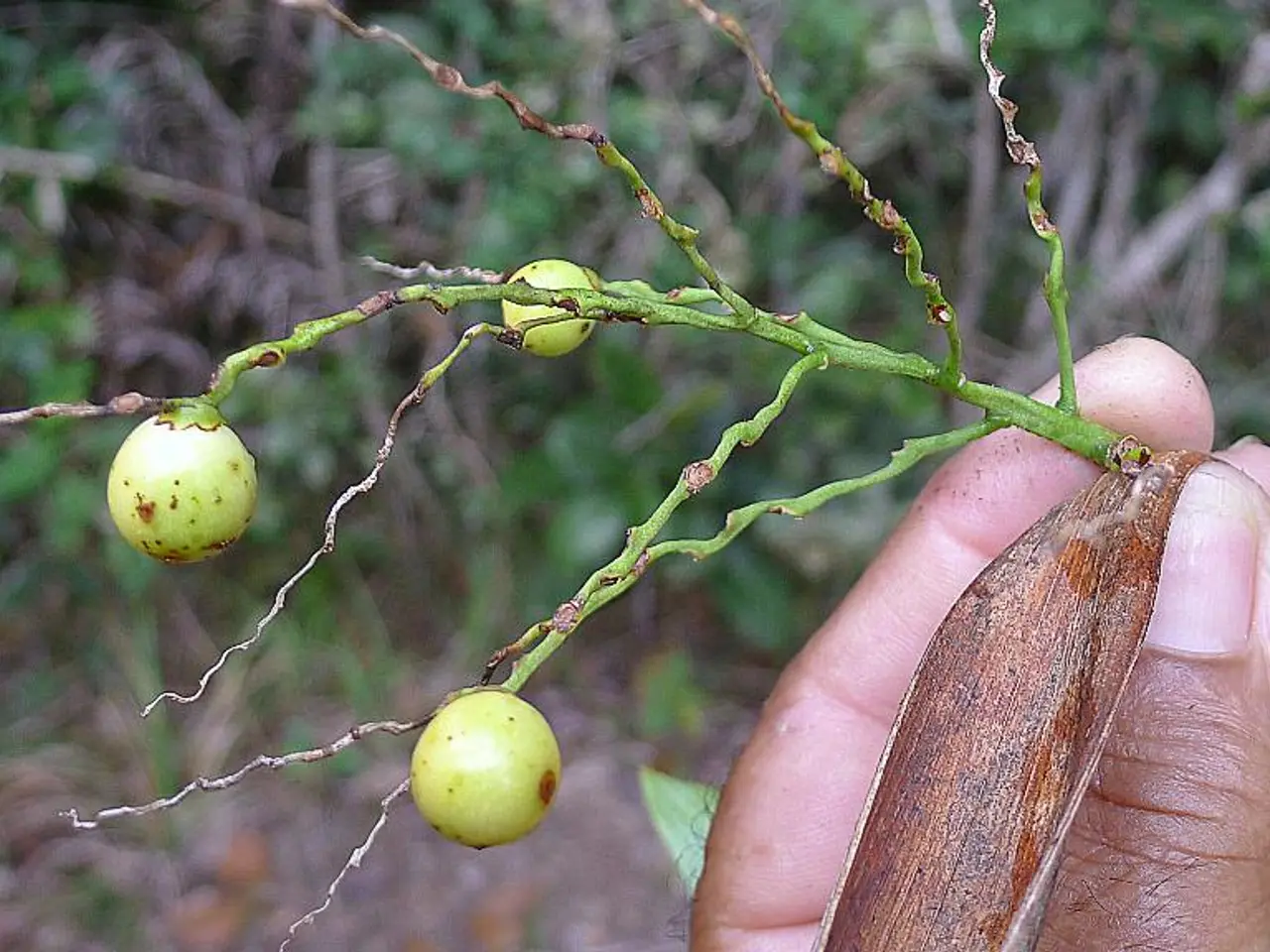Exploring the Incorporation of Human Vitamins in Plant Soil: A Potential Nutrient Enhancement Strategy?
Human vitamins are not a standard or recommended means to increase plant growth or nutritional value. While there is some research suggesting that certain human vitamins might have beneficial effects on plants, they are not typically used in horticulture and should be approached with caution.
Plants and humans have fundamentally different nutritional requirements. Plants synthesize most of their own vitamins internally and rely on macro- and micronutrients such as nitrogen, phosphorus, potassium, calcium, magnesium, sulfur, and trace metals for optimal growth and nutrition.
Most human vitamins, such as A, C, D, and B complexes, are not meaningful plant nutrients. However, some—especially those with roles in plant hormone precursors (like certain B vitamins)—are found in very small amounts within plants but are not typically supplemented.
For example, Vitamin D's primary role in humans is to regulate calcium and phosphate metabolism. However, plants do not have vitamin D receptors, and there is no scientific evidence that supplementing plants with vitamin D enhances their growth or nutritional quality.
On the other hand, B Vitamins like Thiamine (B1), niacin (B3), pyridoxine (B6), and others are required by plants in trace amounts but are synthesized by most plants endogenously. Severe deficiencies of these vitamins in plants are rare and not typically managed by external supplementation.
Plants produce antioxidant vitamins (C, E) endogenously as part of their stress response and antioxidant systems. External application is not a standard horticultural practice.
Commercial fertilizers and organic amendments are the most effective and targeted way to deliver essential nutrients to plants. These are formulated to supply the correct balance of macro- and micronutrients that plants require. Fertilizers provide nitrogen (for leaf growth), phosphorus (for roots and flowers), potassium (for overall health and drought resistance), calcium (for cell wall structure), magnesium (for chlorophyll), sulfur (for protein synthesis), and trace minerals. Soil amendments like compost, manure, and other organic matter improve soil structure and microbial activity, indirectly benefiting nutrient uptake and plant health.
It is important to note that while human vitamins may not be standard for plant growth, they can have some benefits. For instance, human vitamins can aid in the recovery of plants from transplant shock when added to compost, fertiliser, or dissolved in water. Vitamin E is vital for plant development and seed longevity. Soaking seeds in vitamin water before planting can help them grow stronger and faster while reducing the risk of damping off.
However, it is crucial to research the specific requirements of different plants before administering human vitamins to avoid negative effects. Overuse of human vitamins can potentially harm plants, so it is essential to exercise caution and not overuse them when administering them to plants.
In conclusion, while human vitamins are not the primary means to increase plant growth or nutritional value, they can be a valuable addition to regular fertiliser and plant food, enhancing the nutritional value of the plants for human consumption. However, it is essential to research the specific needs of each plant before administering vitamins to avoid negative effects.




